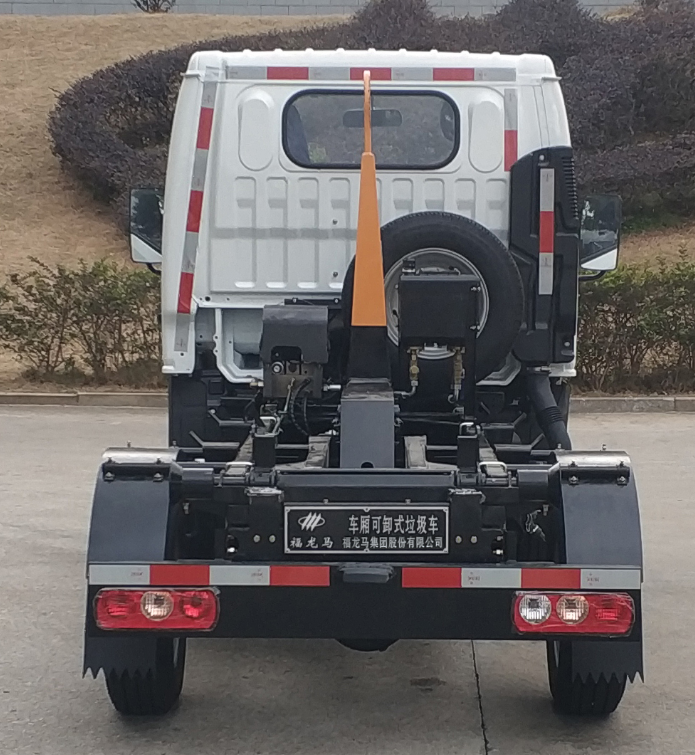Garbage trucks, also known as refuse trucks or trash trucks, are specialized vehicles designed to collect and transport waste materials to disposal sites such as landfills or recycling facilities. While we often admire the sheer functionality and size of garbage trucks, understanding their engines is equally important. The type of engine a garbage truck uses impacts its performance, efficiency, environmental footprint, and operational costs.

Types of Engines Used in Garbage Trucks
Diesel Engines: Powerhouses of Reliability
Traditionally, diesel engines have been the workhorse of the garbage truck fleet. Known for their robustness and high torque output, diesel engines are well-suited for heavy-duty applications like waste collection. They provide the necessary power to haul heavy loads and navigate through challenging urban terrain. Despite concerns over diesel emissions, modern diesel engines have undergone significant advancements in emission control technologies, meeting stringent environmental regulations.
Alternative Fuel Engines: Pioneering Sustainability
In recent years, there has been a growing shift towards alternative fuels in garbage trucks, driven by environmental sustainability goals. Natural gas, particularly compressed natural gas (CNG), and propane (LPG) are popular alternatives to diesel. These fuels offer lower emissions profiles compared to diesel, reducing air pollutants such as particulate matter and nitrogen oxides. Moreover, they often provide cost savings and can be sourced domestically, enhancing energy security.
Electric Engines: Paving the Way for the Future
One of the most exciting developments in garbage truck technology is the emergence of electric-powered vehicles. Electric engines offer zero tailpipe emissions, significantly reducing environmental impact and noise pollution in urban areas. While still in the early stages of adoption due to challenges such as battery range and charging infrastructure, electric garbage trucks represent a promising future for sustainable waste management solutions.

Factors Influencing Engine Choice
Operational Needs
The choice of engine for a garbage truck depends largely on its intended use. Factors such as the type of waste collected (residential versus commercial), frequency of stops, terrain, and traffic conditions play crucial roles in determining the most suitable engine type. Diesel engines, for instance, excel in heavy-duty operations where high torque and reliability are paramount, while electric engines might be more suitable for shorter, predictable routes in urban areas.
Regulatory Environment
Environmental regulations significantly influence engine choices in the waste management industry. Many cities and regions enforce strict emissions standards to mitigate air pollution and combat climate change. As a result, garbage truck manufacturers and operators must comply with these regulations, driving innovation in cleaner engine technologies and alternative fuels.

Conclusion
From the stalwart reliability of diesel engines to the environmental promise of alternative fuels and the cutting-edge technology of electric engines, each option brings unique advantages and challenges to the table. As cities evolve towards more sustainable and efficient waste management practices, the role of garbage truck engines will continue to evolve, driven by technological advancements and regulatory imperatives.






